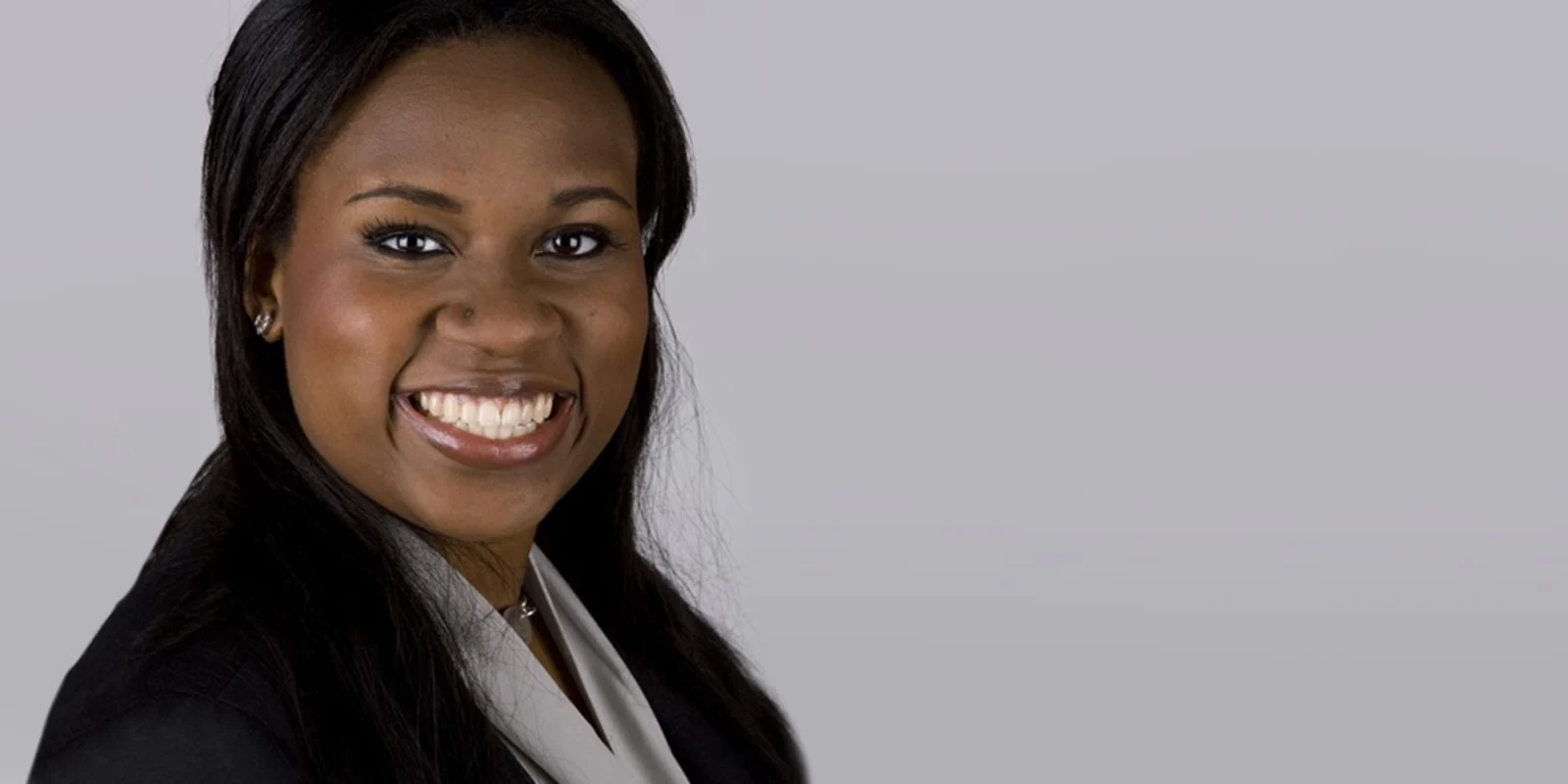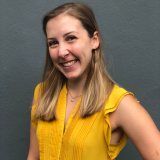
When Jennifer Okwerekwu started medical school, she wanted to be a surgeon. There was only one problem. When she was in the operating room, her mind would wander.
“I would always be thinking about all sorts of things except the surgery in front of me, so I pretty quickly realized that wasn’t for me and I realized that I got to do the type of thinking I wanted to do in a psychiatric setting,” Okwerekwu says.
Now as a psychiatrist, her mind can still wander. But it’s a helpful wander, Okwerekwu says.
“If my mind is wandering, it’s making connections to previous stories they have told, so that when I respond, I’m not only drawing from what they’re telling me in the present, but also what they’ve told me in the past or what I know about them or their community or the trajectory of their illness. So I wouldn’t even describe it as a mind wandering but more of a rigorous inflection and engagement in what I’m talking to a patient about.”
So how did she realize that psychiatry was the specialty for her?
“I really enjoyed thinking about ranging from issues in social justice, to deeper existential questions about what it is to have purpose and live a meaningful life. What drew me to medicine was this really beautiful fellowship between doctor and patient, between your fellow man and I felt the most significant representation of that on my psychiatry rotation,” Okwerekwu says.
She also valued that psychiatry can help different specialists figure out a patient’s whole story. While she quickly figured out that the operating room wasn’t the place for her, she’s still able to collaborate with those specialists. But it’s not just surgeons that Okwerekwu gets to join forces with. She soon learned that a psychiatrist’s expertise can span across many specialties.
“You can work alongside surgeons and be a transplant psychiatrist and be the mental health professional involved in interviewing donors and recipients and transplants. So you’re in the surgical world but you’re thinking about the issues that you like thinking about. I like that you can practice psychiatry in the ER where obviously people are coming in with acute crises. You can do it in the outpatient setting, you can do psychotherapy, you can do inpatient. Our patient population is so diverse. In every stage of life, there’s a unique set of developmental issues. It’s always changing, it’s constantly challenging, and people are never boring.”
There was also a moment during a psychiatry rotation in medical school for Okwerekwu when she realized that one of the strongest diagnostic tools psychiatrists had were words: listening and responding to what the patient said.
She remembered one young man at a VA hospital who had become withdrawn and moved out of his family’s home into a hotel because he didn’t want to be around others. He was anxious and as he talked to the other physician Okwerekwu was working with, all the physician did was listen, all the while matching his answers to symptoms of PTSD. They asked him a few more questions and told him they thought it was PTSD and that they could help alleviate his suffering. Okwerekwu remembers the young man getting emotional.
“This young man started crying and his mom started crying, just because he had the language to express what was happening to him. She [the other physician] didn’t pick up a stethoscope, we didn’t do an imaging study, we didn’t draw blood,” says Okwerekwu. “It was just in the context of that conversation and I just thought that was so powerful, just listening to the story and understanding it, drawing on your medical knowledge and being able to connect with someone and tell them their suffering is real.”
Her love of storytelling began before medical school, when she trained in narrative medicine. It laid a “good foundation” for her medical training, says Okwerekwu, and led her to found The Intima, a journal of stories about medicine, while at Columbia. Her love of storytelling threads through her full day, as work in psychiatry, and as play in being a TV enthusiast.
And when it comes to changing the channel or fast forwarding in her career, Okwerekwu follows the best advice she ever got, which came from her mother, who is a doctor as well: “The worst thing they can ever tell you is no.”
“I have taken that to heart when pursuing various opportunities and areas for growth. When I apply for something or throw my name in the ring, I am applying and putting my best foot forward, knowing that the worst thing they can say to me is no and the best thing is it could open many doors and change my life. It could be the opportunity of a lifetime. I feel like I’ve gotten to do a lot of amazing and wonderful things because of that, because I haven’t been afraid to throw my name in the ring,” Okwerekwu says. “I don’t lose anything but I have everything to gain.”







